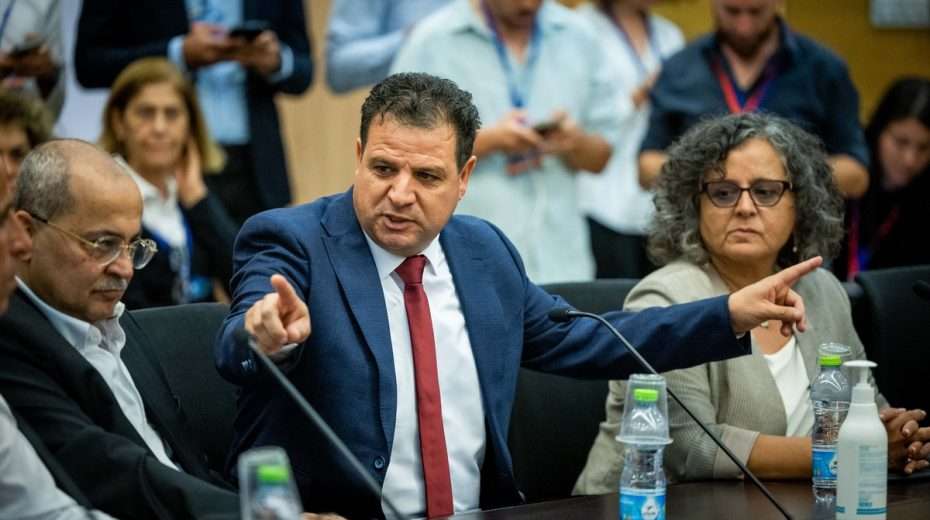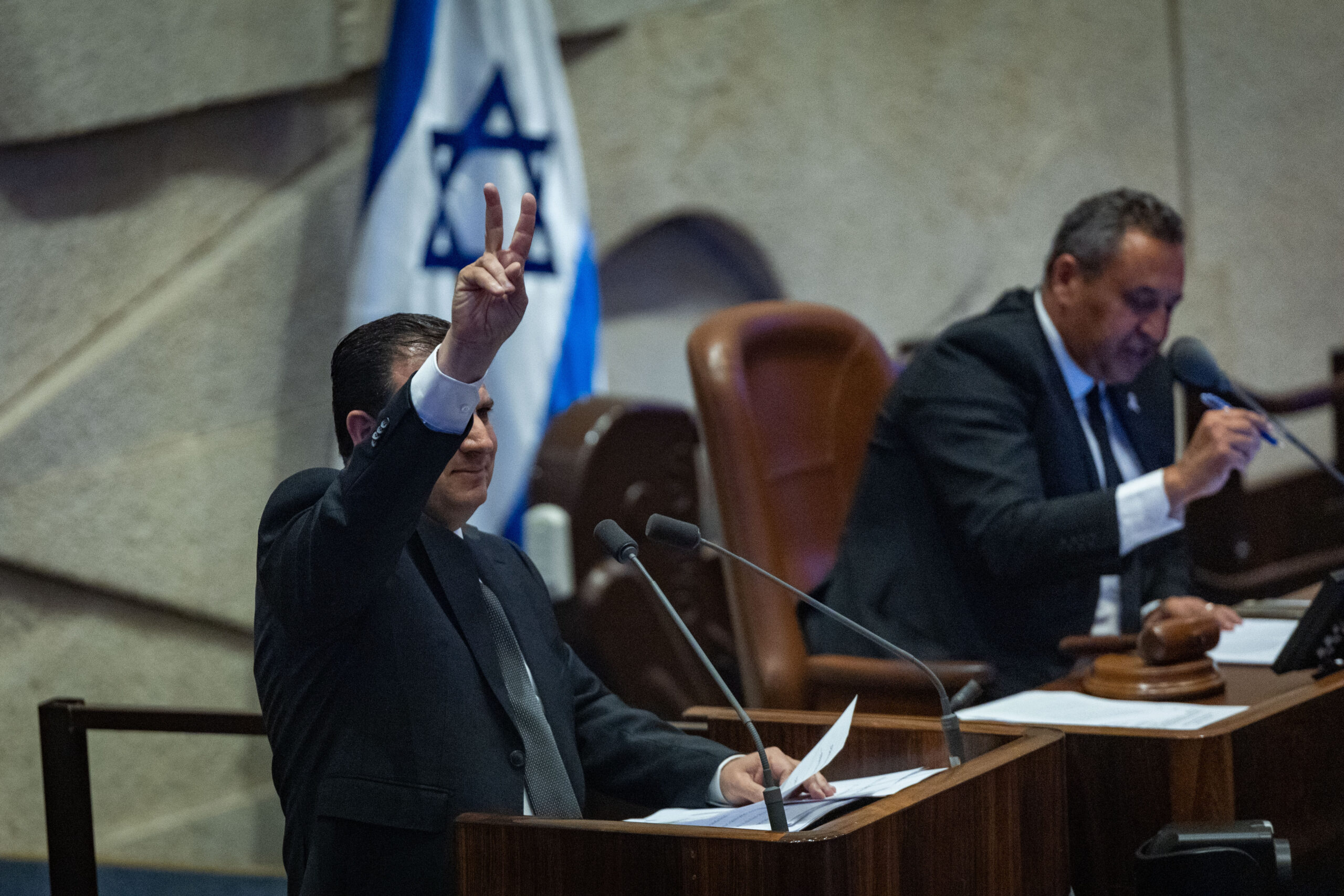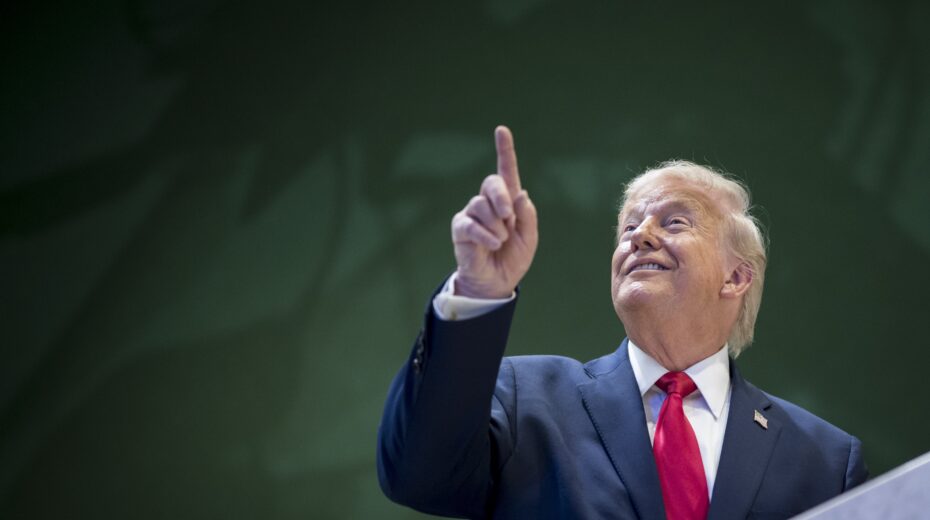In response to last week’s election results, Muhammad Barka, head of the Higher Arab Monitoring Committee (an independent body that coordinates Israeli Arab political activity), called for a national emergency to be declared in Arab society. According to media reports, he even suggested turning to the international community and the UN for protection from the emerging Israeli government.
The reaction and conduct of those who grew up in the Arab parties over the past few decades should come as no surprise. The lawmakers who make up these parties have never really tried to unite the two peoples who are destined to live under the same sky, they never bothered to bring together the State of Israel and its Arab citizens.
The results of this month’s election make clear that the decline of the Arab parties that first and foremost stand for Palestine is now a fait accompli. Despite all the threats and warnings, all the calls to wake up and vote issued by these parties, we make two important observations (according to analysis conducted by Dr. Eric Rodnitsky of the Israel Democracy Institute):
- Only half of Arab and Druze voters saw fit to participate in the election.
- About 15% of those who did voted for Zionist (read: Jewish) parties, the majority of them for Likud, with the remainder divided between the ultra-Orthodox Jewish faction Shas and the far-left Meretz.
The leaders of the Arab parties, who are in an electoral depression that arouses their anxiety, are trying to throw sand in the eyes of the public and distract it by circulating imaginary problems and inventing new clichés (because the old clichés about occupation and liberation no longer work). Even praise for the terrorist group “Lions’ Den” was tried before the election, and that didn’t help either. So now they turn to the UN to complain about the State of Israel. But where will it all lead?
Someone at the UN might remind these Israeli Arab lawmakers that they are – perhaps with the exception of the unfortunates of Lebanon and Tunisia – the only Arabs in the Middle East who live in a democracy, and that they should make use of this fact, rather than abuse it.
Someone at the UN might remind them that they themselves worked to distance Arab society from the state, and thus prevented the state from playing a bigger role in their lives.
Someone at the UN might ask them why they turn murderers into heroes and why they oppose the opening of police stations in Arab communities.
God forbid, someone at the UN might remind them that one of their own party leaders spied for a foreign terrorist organization and fled the country, while another smuggled phones to security prisoners, and yet another called on the police to drop their weapons.
The real question is when will we finally see an Arab MK who says: Let us live in dignity and democracy, as full citizens, in the State of Israel – yes, the Jewish and democratic state – because we have no interest in living in another state or country.
The Arab parties are not ignorant of the disappointment, frustration and despair felt by the majority of the Arab public toward those who insist on confronting the state rather than integrating into it. Nor are these MKs blind to the fact that the public they represent is trapped in a life of violence, protectionism and other existential issues. They simply saw fit to neglect them, thinking that these predicaments would yield political fruit and strengthen them from an electoral standpoint. Maybe now they will realize that this approach is all wrong. [Editor’s note: By this the author means that the general Arab public doesn’t want to live in conflict with the State of Israel.]
Nael Zoabi is a school principal and lecturer. He was a candidate for Knesset on the 2021 list of the Likud Party.
See our recent exclusive interview with Mr. Zoabi: Zionist Israeli Muslim Devoted to the Jewish State
This article was first published in Hebrew on the Ynet news portal, and is republished here with permission of the author.














